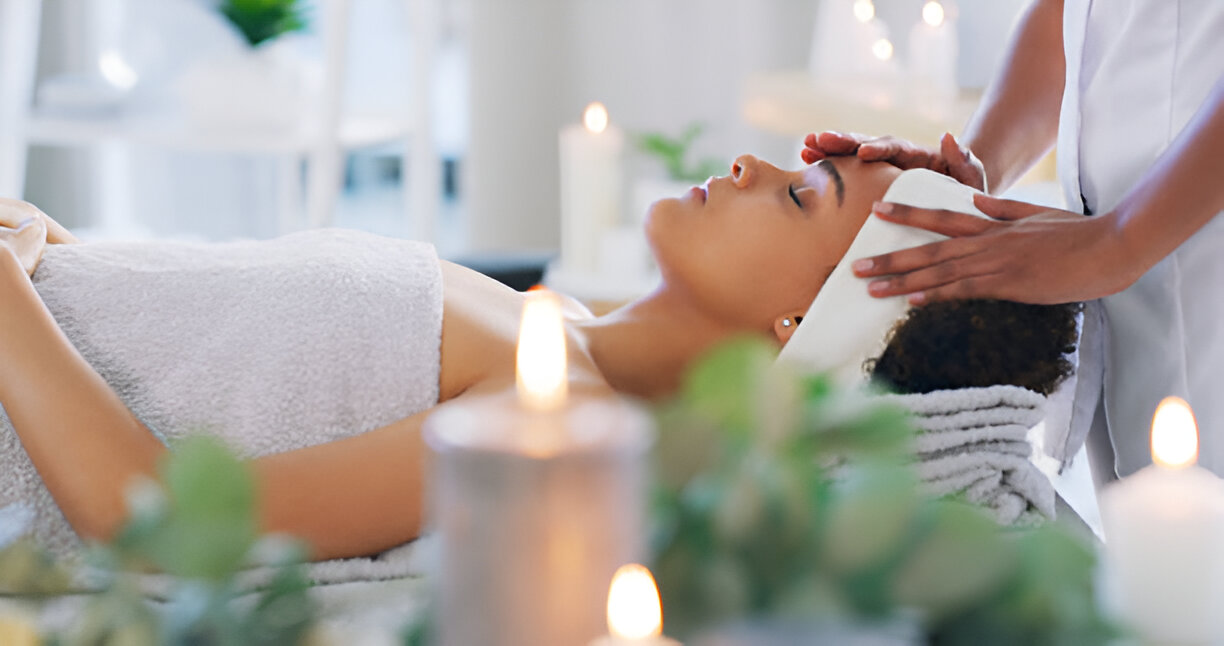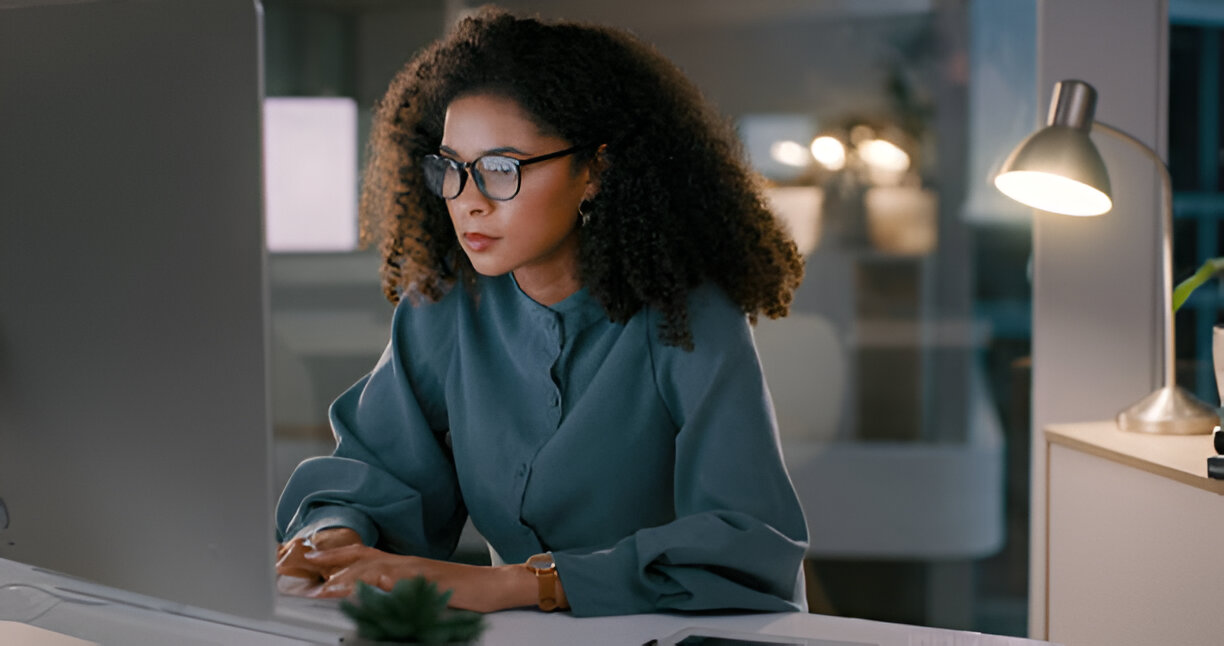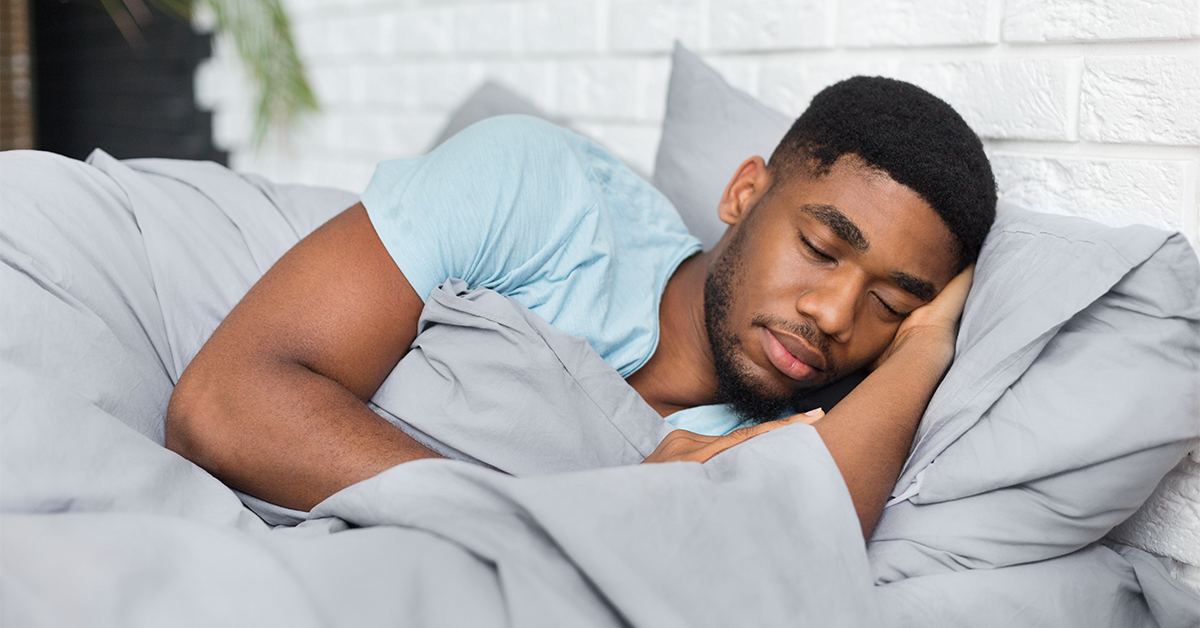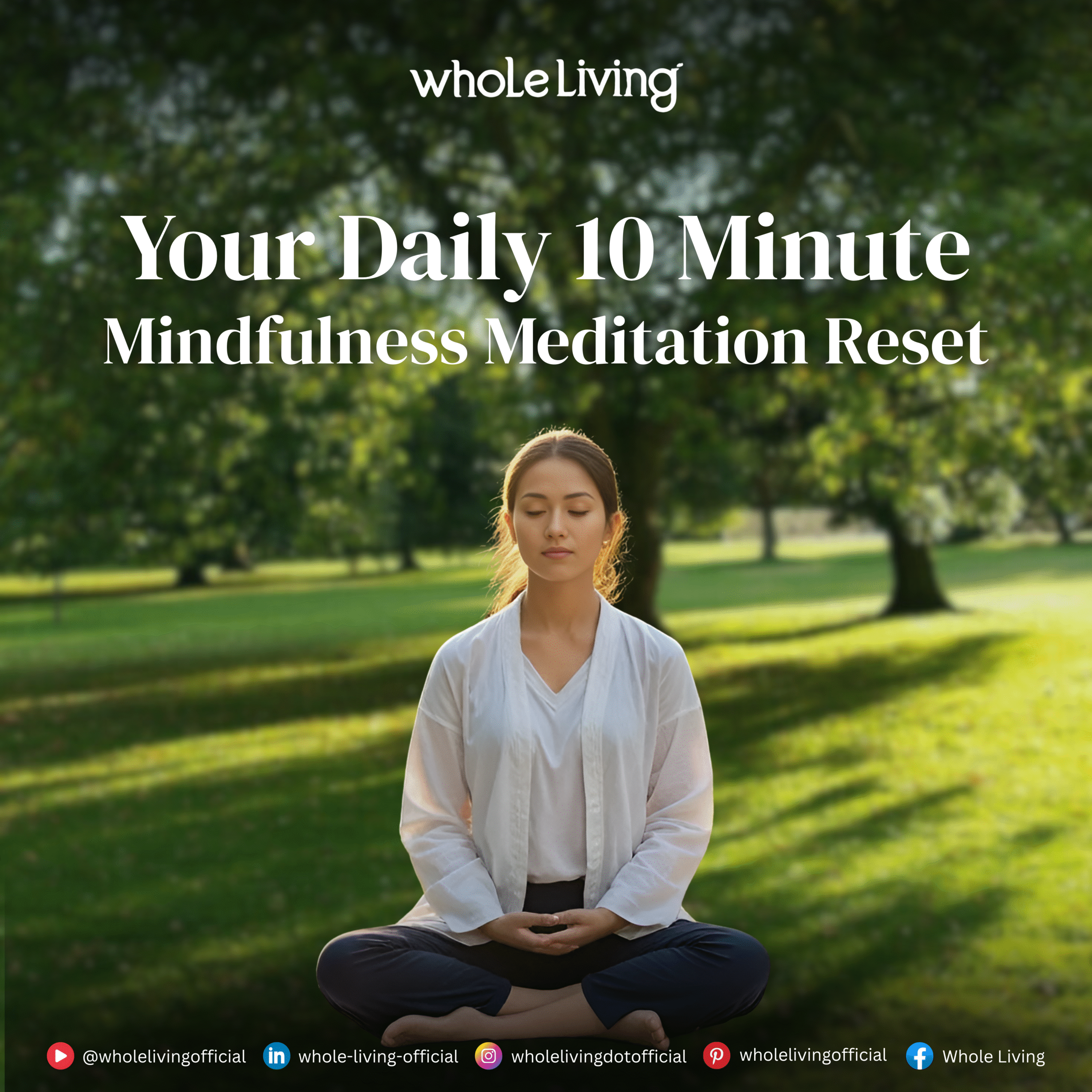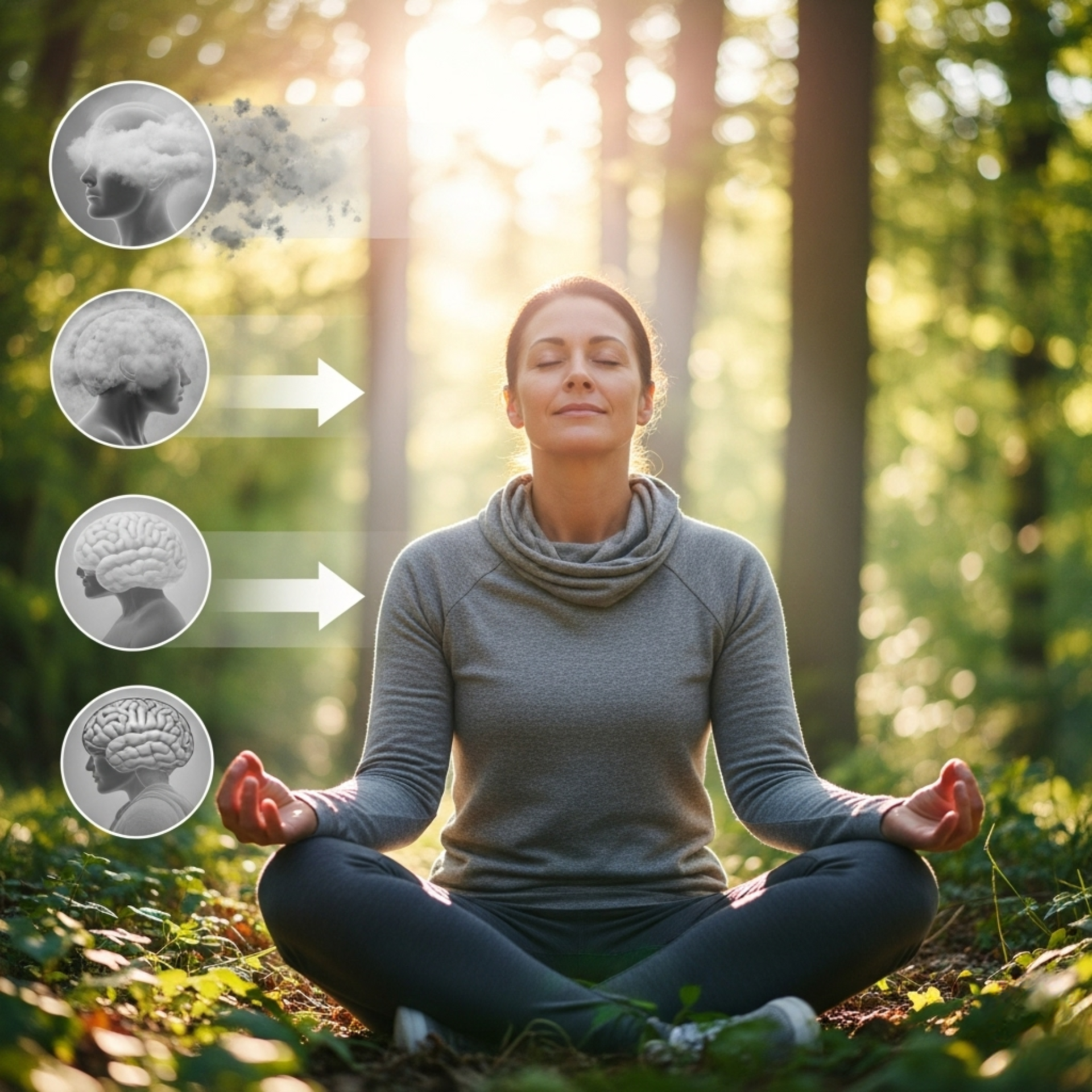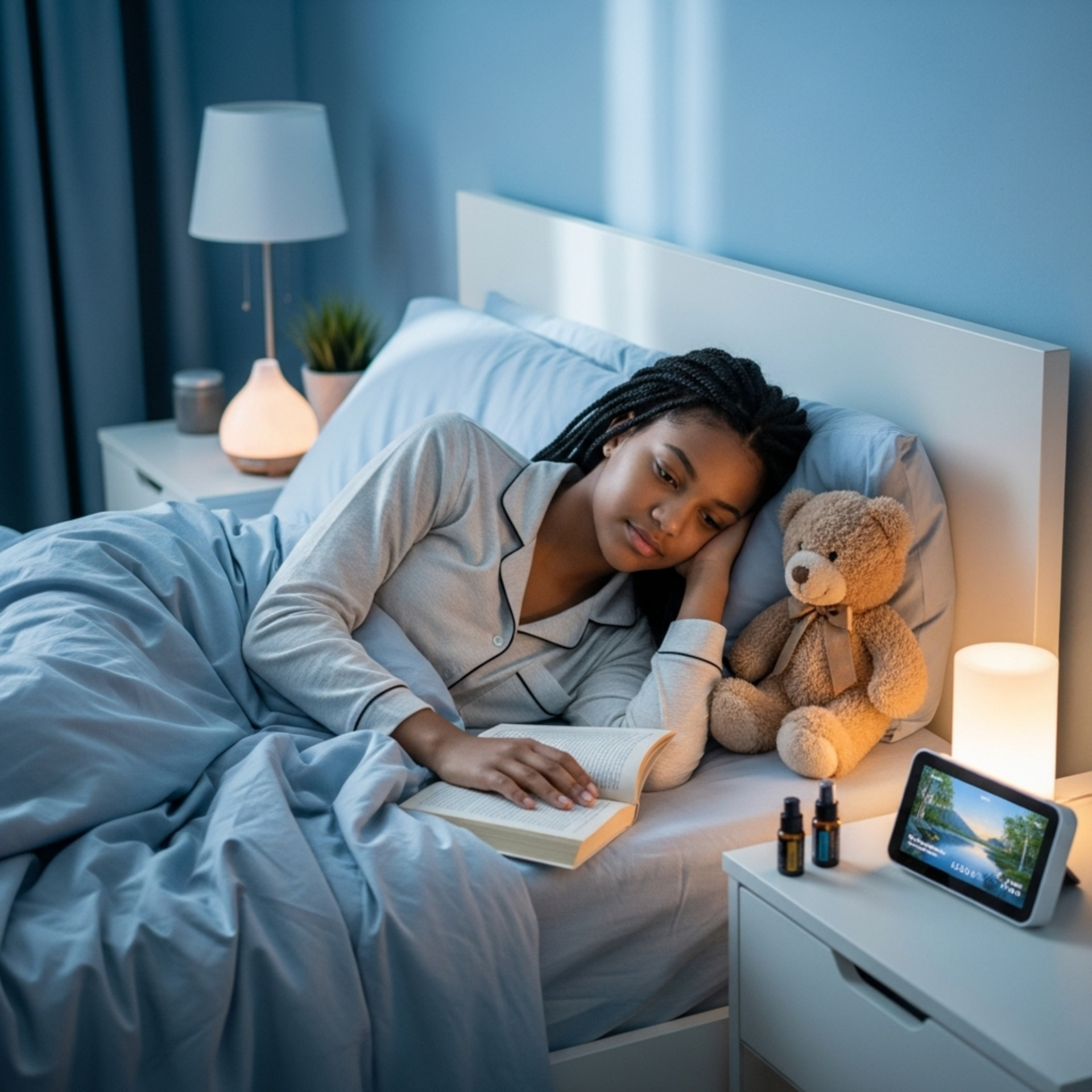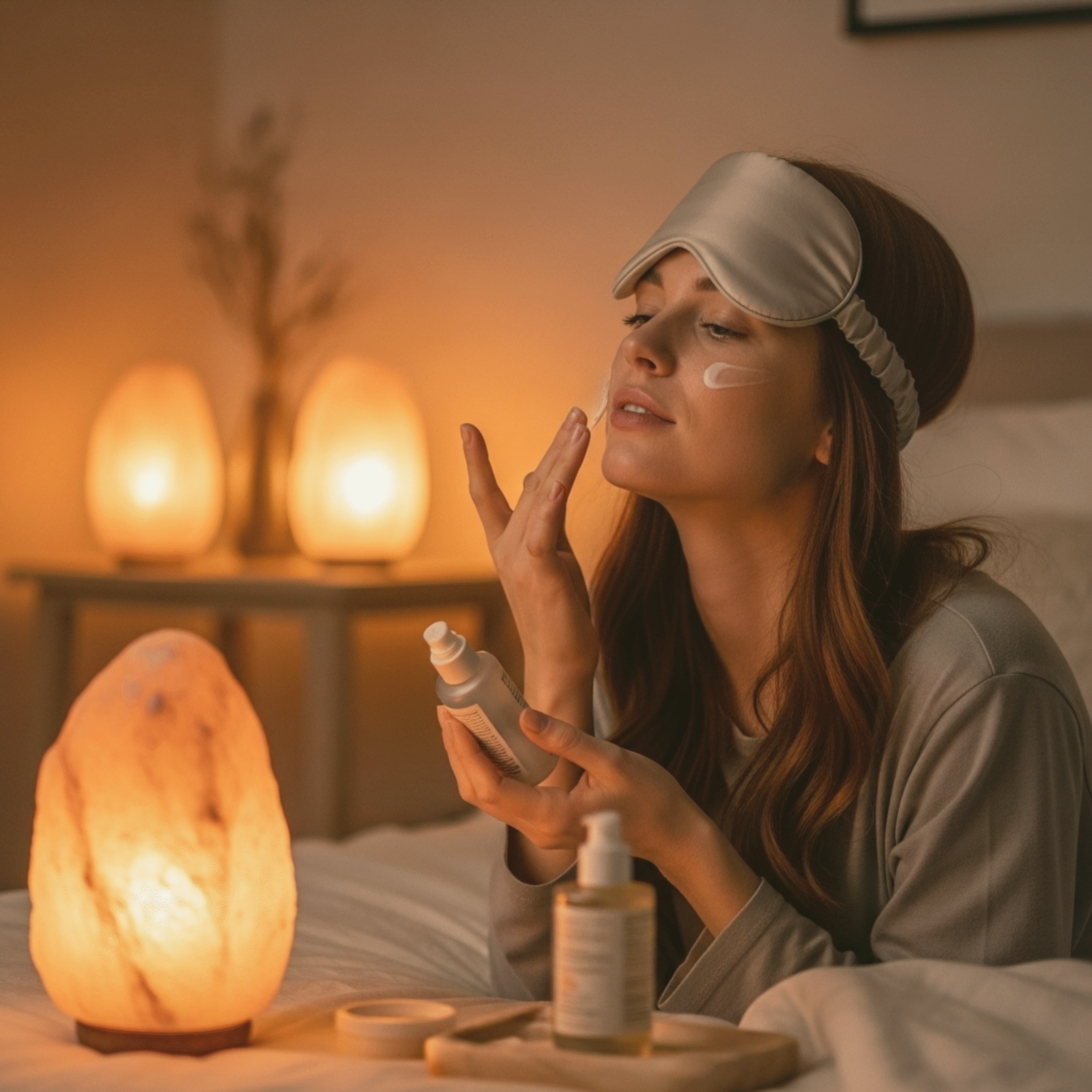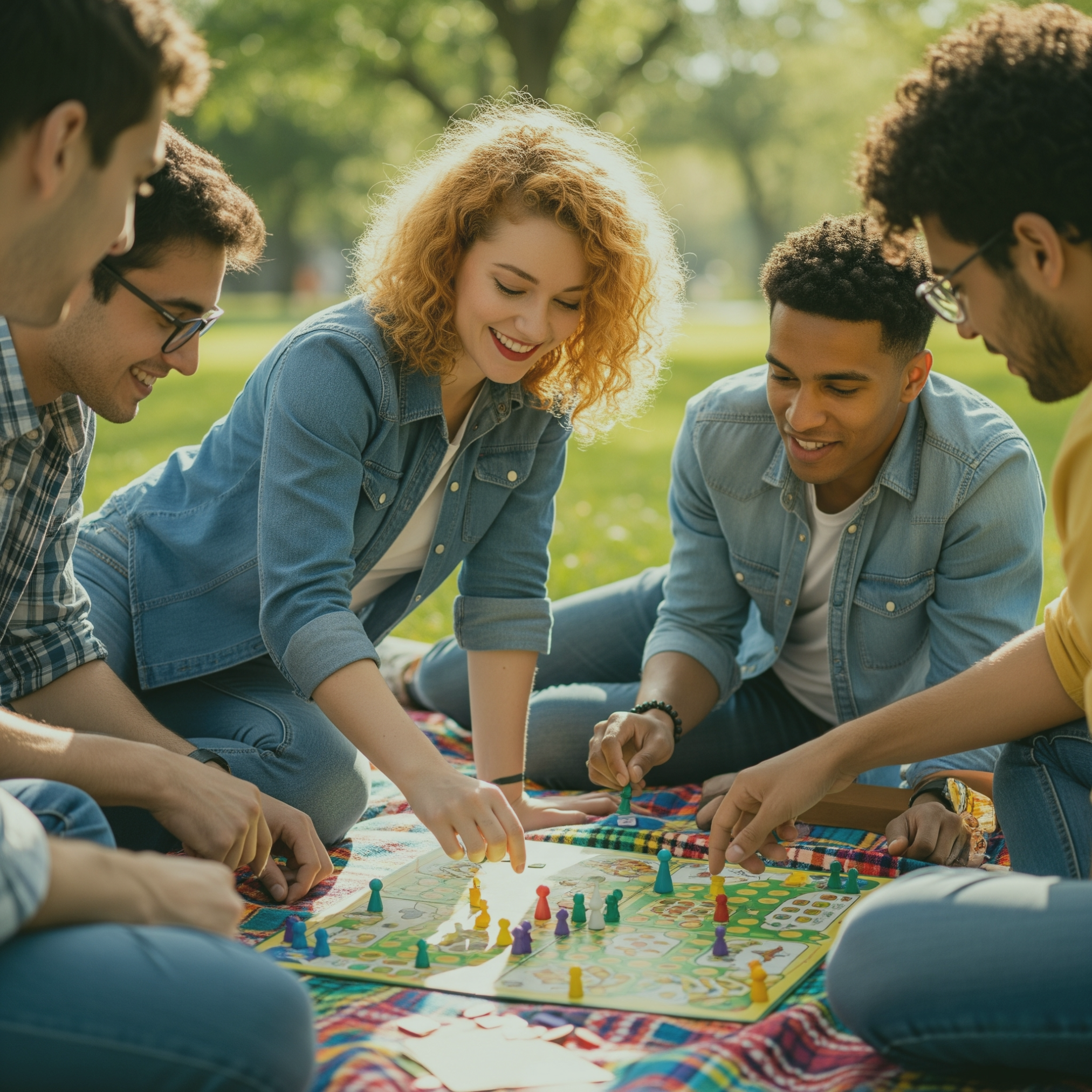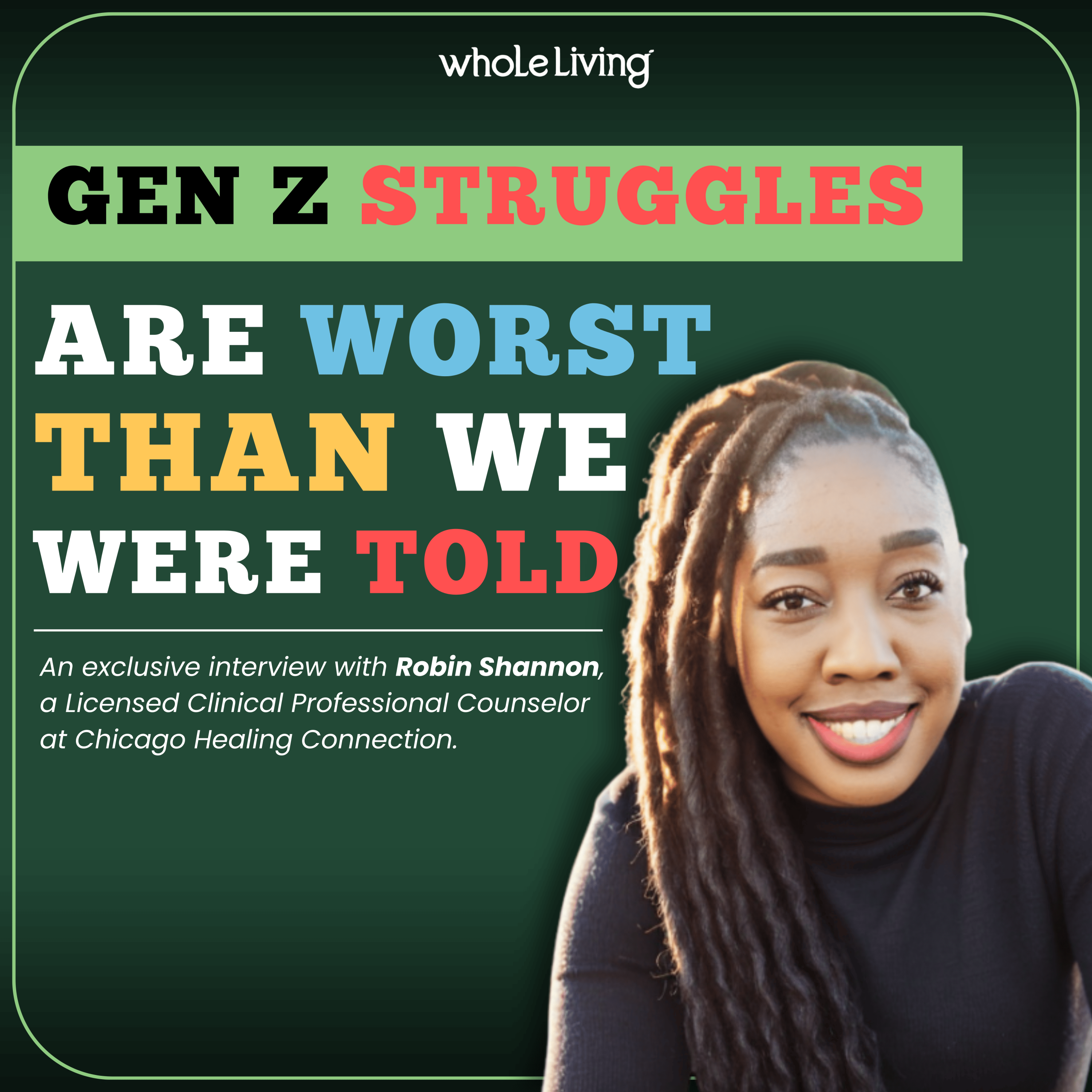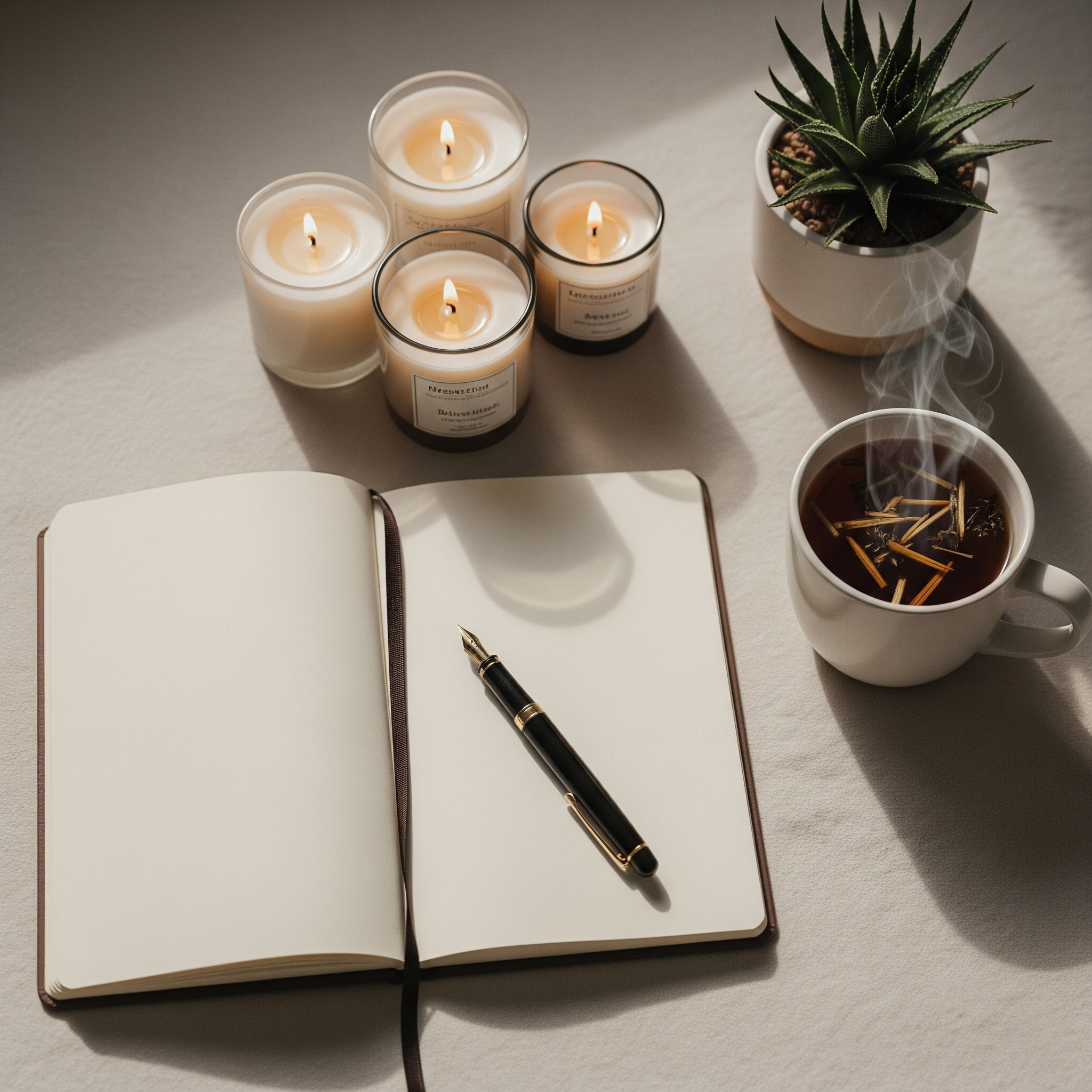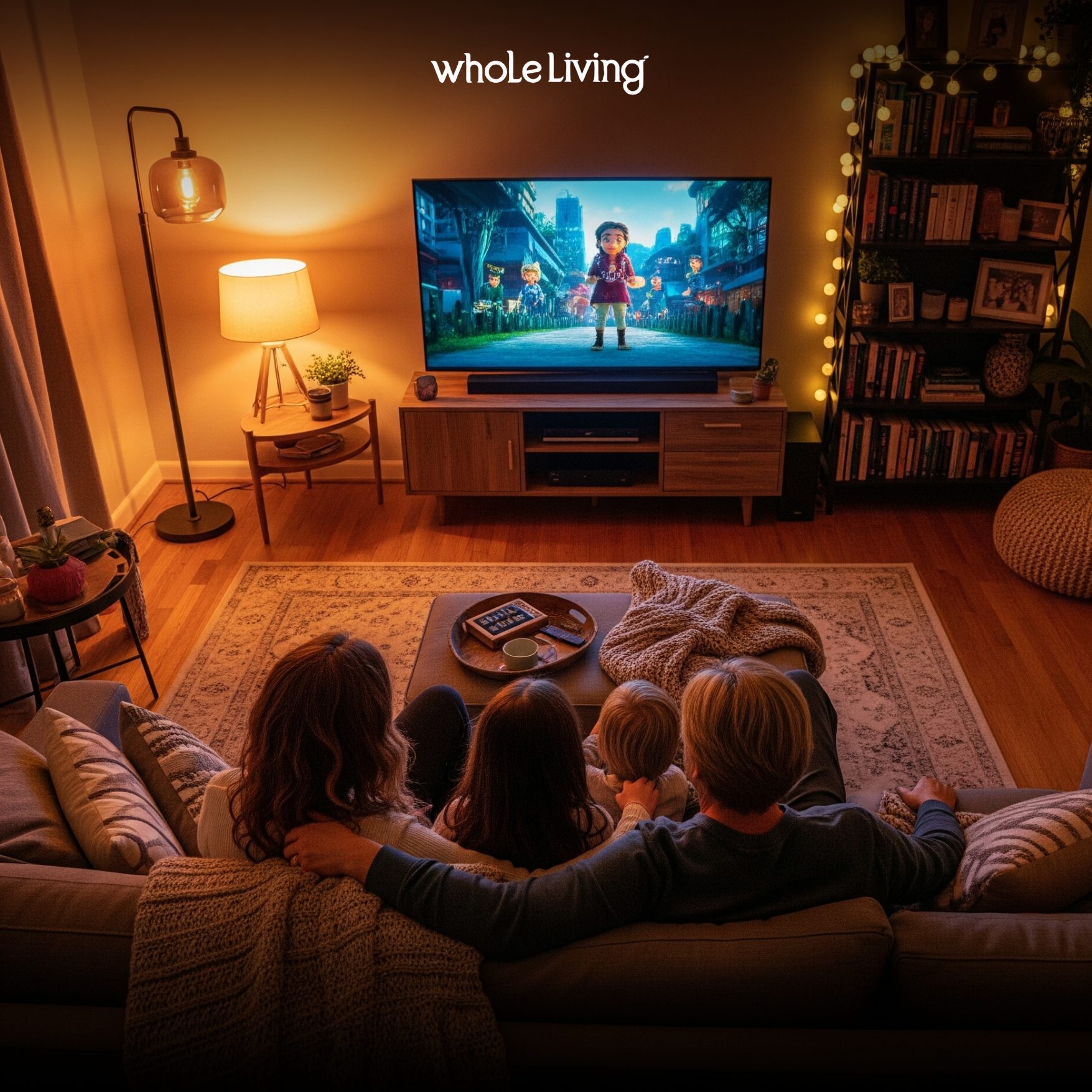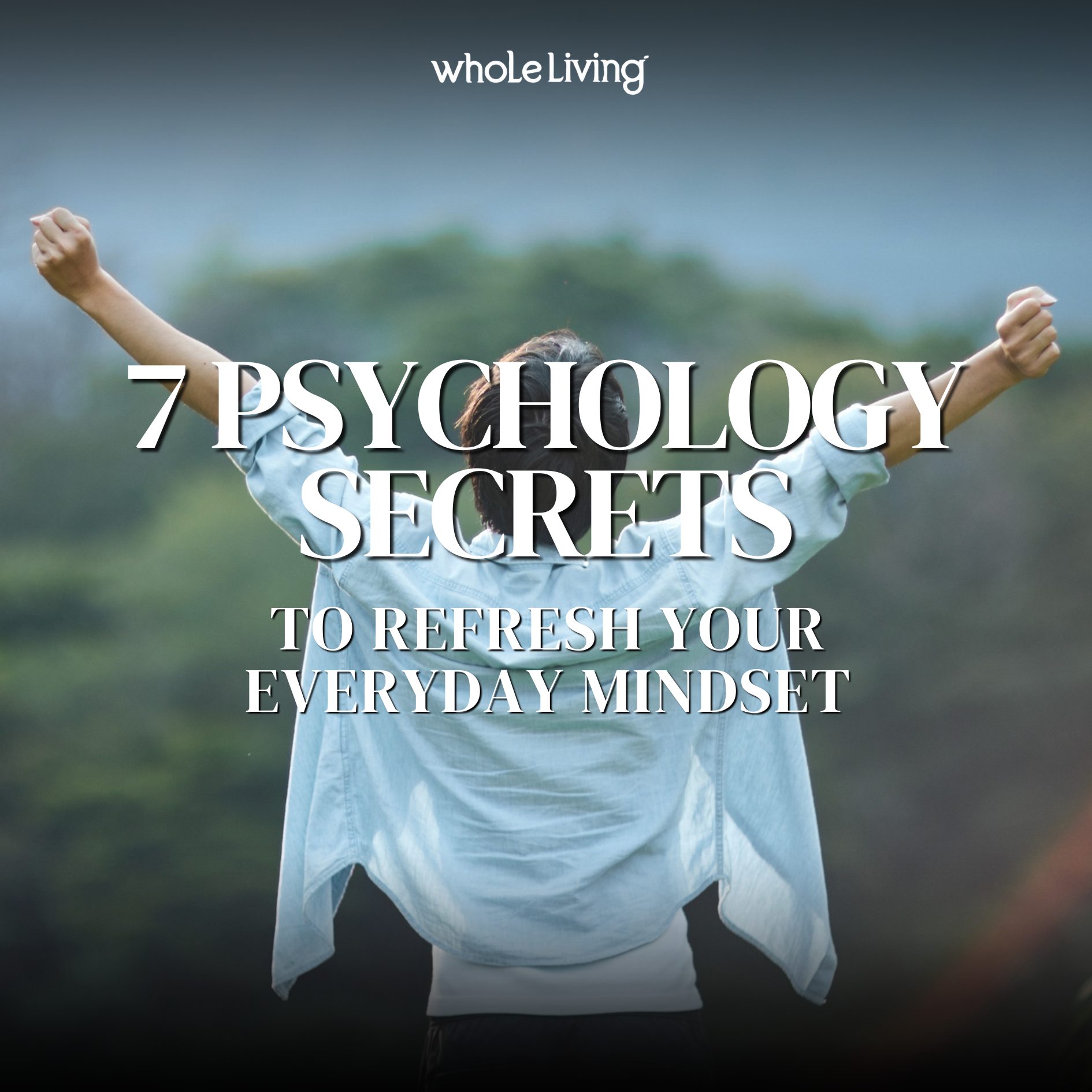In This Article
You may have searched far and wide for holistic anxiety remedies, hoping to find calmness without relying on pills. If that is you, take a deep breath—you are in the right place. Anxiety can feel overwhelming, but you are not broken or alone. There are ways to gently ease your mind and body using approaches grounded in balance, nature, and science.
When you experience anxiety symptoms, daily life can feel like an uphill climb. Racing thoughts, tension, and restlessness may take over. While these feelings are real, they do not define you. Through intentional practices, you can reduce anxiety and reconnect with calmness in sustainable ways.
This guide walks with you, step by step. We will explore not only what anxiety disorders are, but also why conventional treatments exist. Then, we will open the door to practical remedies that nourish your whole self—remedies that encourage healing through mindful choices. These are not quick fixes, but supportive tools to help you live with more ease.
Together, let us explore what it means to treat anxiety holistically. With openness and curiosity, you can begin to discover approaches that fit your lifestyle. Remember: the path to peace is not about perfection. It is about gentle progress and giving yourself permission to heal.
Understanding Anxiety as a Mental Health Concern
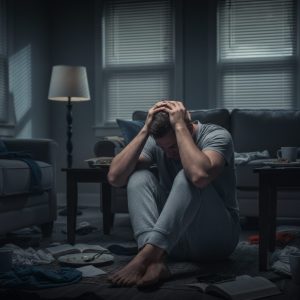
Anxiety is more than occasional worry. For many, it is part of ongoing mental health struggles. Anxiety disorders are recognized medical conditions, often affecting millions worldwide. They include generalized anxiety disorder, panic disorder, and social anxiety disorder. Each has unique features, but all can interfere with daily living.
Common anxiety symptoms include restlessness, difficulty concentrating, muscle tension, and sleep problems. These symptoms of anxiety may appear mild at first, but they can grow and affect work, relationships, and even physical health. When untreated, they may contribute to broader mental health conditions, including mood disorders and anxiety and depression.
Generalized anxiety disorder is one of the most common types. It often brings persistent worry that feels hard to control. People with this condition may also notice fatigue and ongoing nervousness. These symptoms highlight the strong link between mind and body, showing why whole-person care matters.
It is important to acknowledge anxiety not as weakness, but as a signal from the body. Recognizing and managing anxiety symptoms with compassion can lead to better psychological well being. By understanding anxiety as a real health concern, you take the first step toward seeking balance, care, and holistic anxiety remedies.
Medical and Scientific Approaches to Anxiety
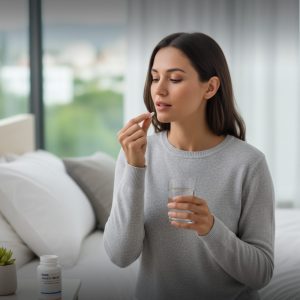
When anxiety disorders disrupt life, medical treatment is often the first step. Physicians and mental health professionals may suggest prescription medications. Selective serotonin reuptake inhibitors are common. They can stabilize mood and reduce anxiety symptoms. Other prescription medications may also be used to treat anxiety, though each comes with benefits and possible risks.
Talk therapy is another effective approach. It allows you to share feelings, uncover patterns, and build healthier coping skills. In fact, the American Psychiatric Association often recommends therapy as a first-line treatment. Clinical psychiatry recognizes that combining medication with therapy may offer strong outcomes for many patients.
Clinical practice also values evidence. Systematic review of clinical trials and placebo controlled trial findings support many treatments. Still, medical supervision is always necessary to ensure safe care. While prescription medications help some, they may not suit everyone. Side effects, allergic reactions, or safety concerns can limit their use.
This is where alternative medicine and integrative health begin to gain attention. For those who prefer less reliance on drugs, complementary therapies may offer hope. However, they should never replace professional guidance. Instead, think of them as partners to medical treatment, allowing for a fuller, more balanced approach to managing anxiety.
The Promise of Holistic and Natural Approaches
Holistic care views you as a whole being—mind, body, and spirit. For many, this approach feels refreshing compared to focusing only on symptoms. Integrative health and alternative medicine bring together ancient practices with modern research. They encourage you to support your well-being through natural holistic anxiety remedies and intentional living.
Evidence-based integrative medicine continues to grow. Systematic review and randomized controlled trials provide insight into which complementary therapies work best. Research suggests that practices like mindfulness meditation, relaxation therapies, and herbal remedies may reduce anxiety. These findings highlight how alternative treatments can complement standard care.
It is important to remember that holistic practices are not cure-alls. They may improve anxiety symptoms, but they are not designed to replace medical treatment. A mental health professional can help you decide which options fit your unique needs. Combining conventional methods with natural treatment strategies allows for both safety and flexibility.
With medical supervision, holistic approaches can reduce anxiety symptoms, improve sleep quality, and support psychological well being. By including lifestyle changes, natural remedies, and mindful routines, you give your body and mind a chance to reset. You learn to treat anxiety not as an enemy, but as a teacher guiding you toward balance.
Remedy #1: Relaxation Techniques to Calm the Nervous System
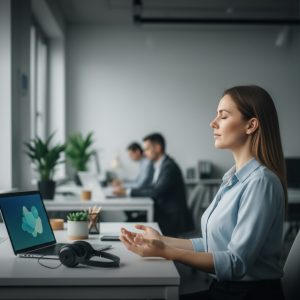
When stress builds, your nervous system often reacts with racing thoughts or tense muscles. Relaxation techniques help quiet these signals. Deep breathing is one simple yet powerful practice. It lowers stress hormones and creates space for calmness. Practiced daily, it can reduce anxiety symptoms and bring steadiness to your mind.
Progressive muscle relaxation is another proven method. In this practice, you gently tense and release each muscle group. Clinical trials show it helps reduce anxiety and ease physical tension. Relaxation therapies like guided imagery also offer comfort. They use visualization to bring feelings of safety and peace.
Systematic review findings support these methods, noting their role in anxiety relief and stress reduction. In some placebo controlled trial studies, relaxation practices showed measurable improvements in anxiety levels. That means these tools are more than just feel-good habits—they have scientific backing.
Incorporating relaxation into your daily routine does not need to feel complicated. You can start with five minutes of focused breathing in the morning, or a short guided session before bed. Over time, these small steps can relieve anxiety and help you treat anxiety with gentle care rather than force.
Remedy #2: Mindfulness and Meditation Practices

Mindfulness meditation invites you to notice your thoughts without judgment. Instead of fighting anxiety symptoms, you learn to observe them. This shift in perspective allows your nervous system to rest. Mindfulness techniques are simple, yet deeply transformative for managing anxiety.
Research suggests that mindfulness reduces anxiety and depression symptoms. In clinical trials, meditation has been linked to improved psychological well being. Practicing even ten minutes daily can improve anxiety symptoms and reduce stress hormones. These benefits are accessible, requiring no special equipment—only your attention and breath.
Mindfulness meditation is also recognized within behavioral medicine. Randomized controlled trials confirm its positive effects on both anxiety disorders and mood disorders. Evidence shows it supports mental health by lowering anxiety levels and easing depression association. This makes mindfulness a powerful natural treatment option.
You might begin by focusing on your breath. Notice the rise and fall of your chest. When your mind wanders, gently bring it back. With time, you will see how mindfulness helps reduce anxiety symptoms. It becomes less about erasing worry and more about creating space for calm awareness.
Remedy #3: Movement and Physical Activity for Anxiety Relief
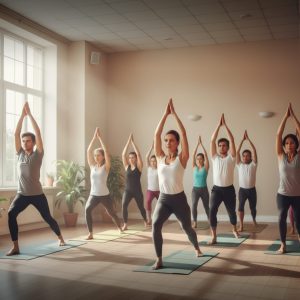
Physical activity is one of the most natural treatments available for easing anxiety symptoms. Exercise helps lower stress hormones that fuel worry, while also balancing mood. Studies show that movement supports anxiety relief by reducing anxiety levels and improving overall psychological well being. You do not need intense workouts—gentle, steady activity can be enough.
Exercise also benefits sleep quality, which is closely tied to mental health. Poor rest or sleep deprivation often worsens symptoms of anxiety and depression. By moving your body during the day, you improve your chances of sleeping deeply at night. Better sleep quality means fewer racing thoughts, more energy, and greater emotional balance.
Simple activities like yoga, walking, or stretching are practical starting points. Yoga combines physical activity with mindfulness techniques, calming both body and mind. Walking outdoors not only boosts mood but also connects you with nature, lowering anxiety levels. Even a short stretching routine before bed can support relaxation techniques and reduce anxiety symptoms.
Research suggests that consistent exercise also lowers depression symptoms and supports long-term resilience. Physical activity is recognized in behavioral medicine as a safe and accessible approach to treat anxiety. Making time for regular movement helps relieve anxiety without side effects, while creating lasting habits that nurture both body and mind.
READ ALSO: Stress-Free Holidays
Remedy #4: Herbal and Natural Remedies
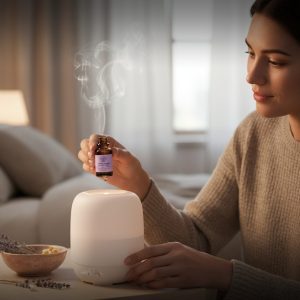
Herbal holistic anxiety remedies have been used for centuries as gentle supports for mental health. Modern research into herbal medicine and herbal treatment confirms that some options may reduce anxiety symptoms. Chamomile, for instance, has been studied for long term chamomile therapy. Findings from clinical trials suggest it may help treat anxiety, particularly in people with generalized anxiety disorder.
Lavender is another widely used option. Studies, including randomized controlled trials, suggest lavender oil or capsules can relieve anxiety. Passionflower has also been explored, with pharmacological research indicating possible benefits for reducing anxiety symptoms. These natural remedies, when used with care, can complement standard medical treatment.
Still, herbal supplements come with safety concerns. They may interact with prescription medications or trigger allergic reactions. Medical supervision is recommended before starting any herbal treatment. The national center for complementary and integrative health highlights the importance of understanding both benefits and risks. Research suggests that herbal medicine may support symptom management, but more systematic review is needed.
Choosing herbal remedies can be empowering when guided by evidence. By combining ancient wisdom with modern research, you can find natural remedies that suit your needs. Always remember, these are supportive tools—not replacements for professional care. Herbal medicine can help reduce anxiety symptoms and support holistic healing alongside trusted guidance.
Remedy #5: Aromatherapy and Essential Oils
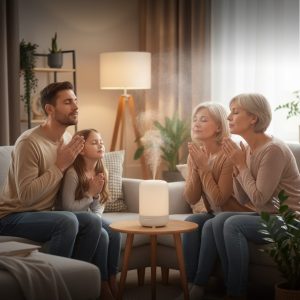
Aromatherapy has become a popular complementary therapy for those seeking natural treatment of anxiety disorders. Essential oils such as lavender, bergamot, and rose are most often studied. These soothing scents influence mood by engaging the nervous system, creating a calming effect that helps relieve anxiety.
Evidence from double blind placebo controlled studies supports the use of essential oils for reducing anxiety symptoms. In some placebo controlled trial findings, lavender oil inhalation significantly lowered anxiety levels before stressful events. Research suggests aromatherapy may also improve sleep quality, which is essential for overall mental health and symptom management.
Safe use is key. Essential oils should be diluted properly to avoid allergic reactions or skin irritation. A few drops in a diffuser, a warm bath, or diluted massage oil are effective ways to experience benefits. The national center for complementary and integrative health advises using oils with caution, especially around children or pets.
Aromatherapy does not replace medical treatment, but it can complement relaxation therapies and mindfulness techniques. It offers a simple, soothing practice to weave into daily routines. With consistency, essential oils can reduce anxiety symptoms and support your journey toward holistic calmness.
Remedy #6: Nutrition and Sleep Foundations

The foods you eat play a powerful role in anxiety and depression. A balanced diet is a natural treatment that supports both mind and body. Certain nutrients directly influence brain chemistry, helping regulate mood and reduce anxiety. Omega-3 fatty acids, found in fish and flaxseeds, and magnesium, found in leafy greens, are examples of dietary supplements that support psychological well being.
Sleep is equally important because sleep deprivation often worsens symptoms of anxiety and depression, while quality rest can improve anxiety symptoms significantly. Sleep problems are common with anxiety disorders, but holistic approaches focus on creating routines that promote rest. Relaxation techniques before bed, reduced screen time, and consistent sleep schedules all support deeper rest.
Nutrition and sleep together form a foundation for managing anxiety symptoms. Clinical trials link healthy dietary patterns with lower anxiety levels and better mood regulation. Research suggests that improving nutrition and sleep quality also reduces depression association, lowering overall risk of mood disorders. Both are simple yet effective ways to treat anxiety naturally.
By focusing on food and rest, you give your body the tools to restore balance. These practices not only reduce anxiety symptoms but also improve long-term resilience. Thoughtful nutrition and mindful sleep care become powerful, everyday holistic anxiety remedies that support your holistic path toward calmness.
When to Seek Professional Guidance

Holistic practices are valuable, but there are times when seeking help from a mental health professional is essential. If anxiety symptoms feel overwhelming, interfere with daily life, or trigger panic attacks, professional guidance provides necessary support. A trained expert helps identify anxiety disorders and offers safe treatment options.
The national center for complementary and integrative health provides resources that highlight when medical treatment should be considered. Harvard Health Publishing also shares evidence-based insights, showing how professional care and holistic practices can work together. These sources remind us that while natural remedies are powerful, they are not replacements for medical supervision.
Balancing holistic support with evidence-based medical treatment is the wisest path. A mental health professional can guide you in blending relaxation techniques, dietary supplements, and alternative medicine with clinical psychiatry or talk therapy. This approach reduces anxiety while protecting your safety. Professional care ensures you avoid risks like allergic reactions or worsened symptoms.
Seeking guidance does not mean abandoning holistic living. Instead, it strengthens your journey by giving you a foundation of safety and trust. Combining both holistic anxiety remedies and professional treatment ensures you are cared for on every level—mind, body, and spirit.
Holistic Remedies Are Not a Cure
It is important to understand that holistic anxiety remedies manage, but do not cure, anxiety disorders. Practices like deep breathing, mindfulness meditation, or herbal medicine can relieve anxiety, yet they are not designed to eliminate the root condition entirely. They are tools for symptom management, not permanent solutions.
Clinical trials show promising results for herbal treatment, relaxation therapies, and mindfulness techniques. Still, systematic review findings highlight the limits of integrative medicine. Alternative treatments can reduce anxiety symptoms, but more evidence is needed to confirm their long-term impact. This is why professional care and medical treatment remain essential parts of managing anxiety.
Blending remedies with professional support creates the safest outcomes. A mental health professional ensures your care is guided and supported, while you continue natural treatment practices like physical activity or essential oils. Integrative health thrives when both modern science and alternative medicine are respected.
Holistic anxiety remedies bring relief, but they should not be seen as a cure. By accepting their role as supportive practices, you allow yourself to use them wisely. This clarity prevents disappointment and empowers you to continue blending evidence-based care with mindful living.
Key Takeaway: Walking the Path of Calmness

Your path toward healing does not require perfection. Holistic anxiety remedies show that calmness without pills is possible. By practicing relaxation techniques, exploring herbal medicine with caution, and caring for your nutrition and sleep, you create a foundation of balance. These natural remedies nurture both mind and body.
Consistency is key. When you treat anxiety with patience and steady habits, progress unfolds naturally. Managing anxiety symptoms is not about erasing worry, but about learning to respond with gentleness. Over time, daily practices build resilience and help improve anxiety symptoms, while supporting your psychological well being.
Remember, holistic practices are companions on your journey. They complement talk therapy, medical treatment, and professional guidance. When used together, these approaches provide both safety and empowerment. Evidence based integrative medicine continues to affirm that natural remedies can reduce anxiety and support overall health.
Walking this path is about choice, awareness, and compassion for yourself. Calmness without pills is not only possible—it is sustainable when you embrace intentional living. You are capable of building a life filled with peace, presence, and hope.





